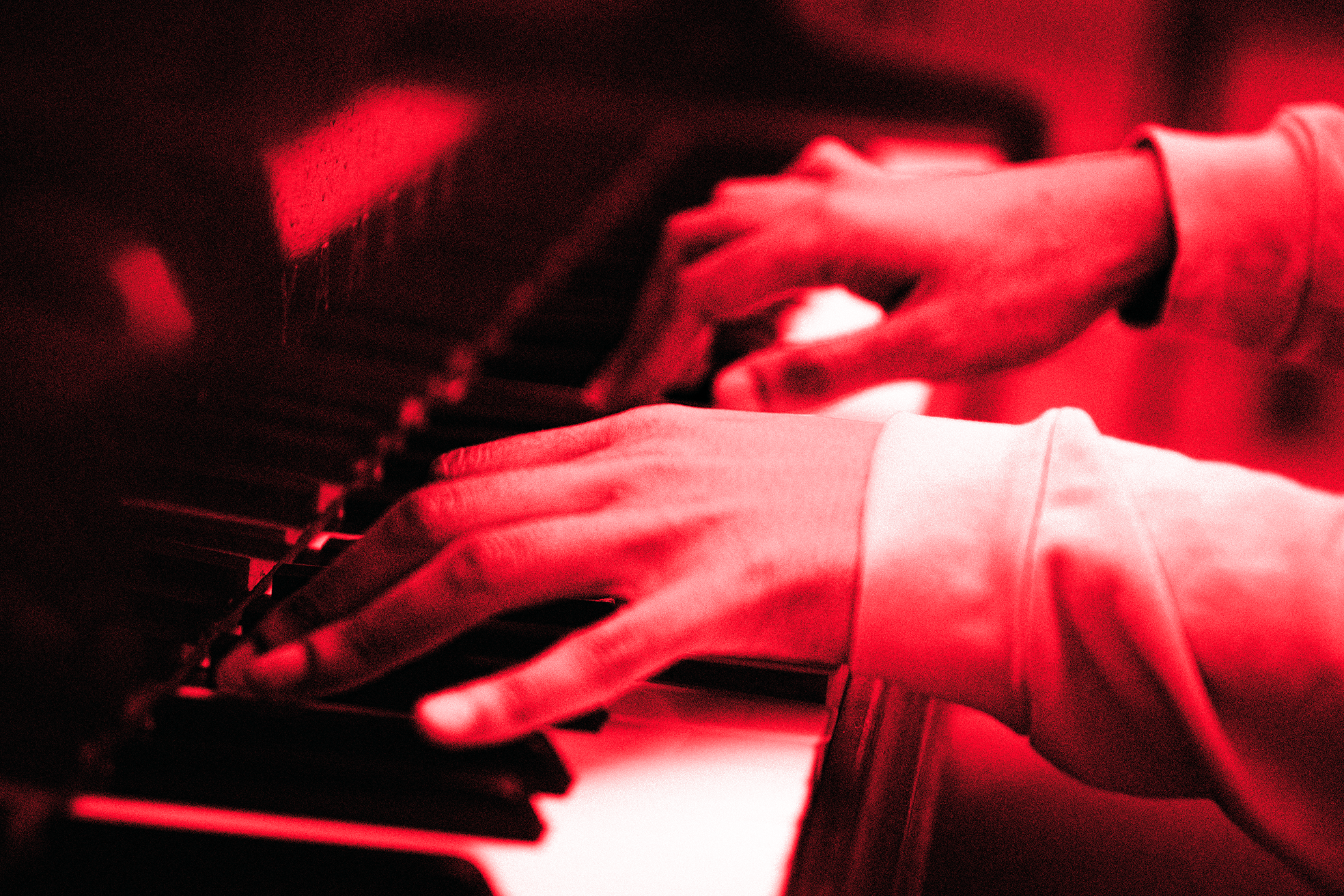As you get ready in the morning, which artist’s hits are you playing to get hyped up for the day?
Are you leaning more toward Drake or Beethoven? Laufey or Mozart?
Wait – are you picking classical music at all? Odds are, you’re not, and this is reflective of most Americans.
No matter what decade Americans find themselves in, they always find themselves listening to a certain top genre. As cultures mix and expand, and technology and society progress, so do the inner workings of music.
Over the past 100 years, music has changed and developed constantly. Between the 1750s and 1830s, people listened to classical music by composers such as Tchaikovsky and Rachmaninoff. During the 1970s, bands like Queen and The Beetles were at the top of the charts. This generation jams to Taylor Swift, Drake and Kanye West on the radio, artists whose styles differ drastically from those of their predecessors.
According to The Mirror’s survey, only 8% of students polled consider classical music their favorite genre.
The competition between classical and modern music has always been bittersweet. Pop music is popular for a reason. It holds a unique charm that attracts listeners. The majority of teens today veer away from classical music as if it were the plague, arguing that it’s too long, too boring and lacks well-needed lyrics, all of which contribute to the entertainment factor of a song.
Yet, classical music is a genre that has stood the test of time and has not only influenced the progression of music, but society as a whole, and to move on from it entirely would be a fatal mistake.
Classical music takes time to fully out because it was crafted music was composed for nobles and orchestral shows. Every classical composer wanted their composition to have a deeper meaning, a meaning that always fit with the style and tone of the piece.
The average pop song lasts about three minutes, such as the albums Starboy, Nirvana and Karma. They are good pieces of music, but are kept short for radio and mass advertisement. Classical pieces tend to last up to at least five minutes, depending on the score they play.
Mozart’s Symphony No. 41 “Jupiter,” a composition based on the Roman god of the sky and thunder, is a piece that is joyous on the surface but has darker undertones. This thematic masterpiece lasts well over 30 minutes. An example of an orchestra is the modern “New York Philharmonic” with an average show lasting over two hours.
This generation’s ears are trained and domesticated to listen to short songs lasting an average of two or three minutes each. This is because it creates more revenue for producers. After all, the song can be played and broadcasted on more radios which makes the studios who produce make more money. This has caused people’s brains today to have a more difficult time focusing and listening to songs or social media.
Another reason for short attention spans is that people are constantly surrounded by sites such as TikTok, Instagram and other media platforms that use short-form content to keep viewers interested. Over time, this has drastically shrunk people’s attention spans.
According to Golden Steps ABA, Gen Z’s attention span is about eight seconds, which is shorter than that of a goldfish, whose attention span is nine seconds. However, a millennial’s attention span is 12 seconds long, reflecting how people’s attention spans have diminished over the years based on their exposure to media growing up. So by 2040, it is estimated that attention spans are estimated to last somewhere between three to five seconds.
This means that if a modern kid is exposed to one of Mozart’s 30-minute pieces, it is predicted that they will have a harder time focusing and will quickly show a loss of interest before the piece truly has a chance to begin.
A modern person could not resist taking out their phones during a performance because it’s “too boring” or having the urge to message their friends or be on a social media platform. Yes, Gen Z has a short attention span, but we also have a phone addiction as well.
I can imagine only a tiny percentage of the population can be able to fully watch and listen to a beautiful piece of classical music such as Symphony No. 9 “From the New World,” created by Antonin Dvořák.
The fact that people losing their attention spans cannot be ignored. Attention spans are decreasing, and this will lead to classical music’s slow fade and eventual demise.
Classical music’s charm is sadly fading away, and seeing one of the most inspirational genres to ever exist in human history shows our generation’s lack of interest and attention
To preserve the beauty of classical music, challenge yourself and others to listen to a piece of classical music and improve your knowledge, attention span and cognitive performance.
I have always loved classical music as a genre because of the meaning classical composers give to their music. You can feel the emotions that the composers intended based on the many melodies and sounds that are played through the musical instruments that the composer chose.
When I listened to “Elsa’s Procession to the Cathedral,” composed by Richard Wagner, inside a large auditorium, my eyes began to water as I began to listen to the complex and heartfelt melodies performed by the orchestra.
The disappearance of my favorite genre upsets me greatly. Gen Z and future generations will disclose the idea of listening to classical music and find it irrelevant.
Sure, the modern ear will find composition from back then boring because of the absence of any lyrics. But classical music is more than just music; it’s an experience.
I hope one day, future generations will no longer find classical music boring or irrelevant, so they can rediscover the beauty of classical music and realize its true nature of being beautiful.
The abridged version of this article appeared in the Spring 2024 print edition. This is an uncut version.




